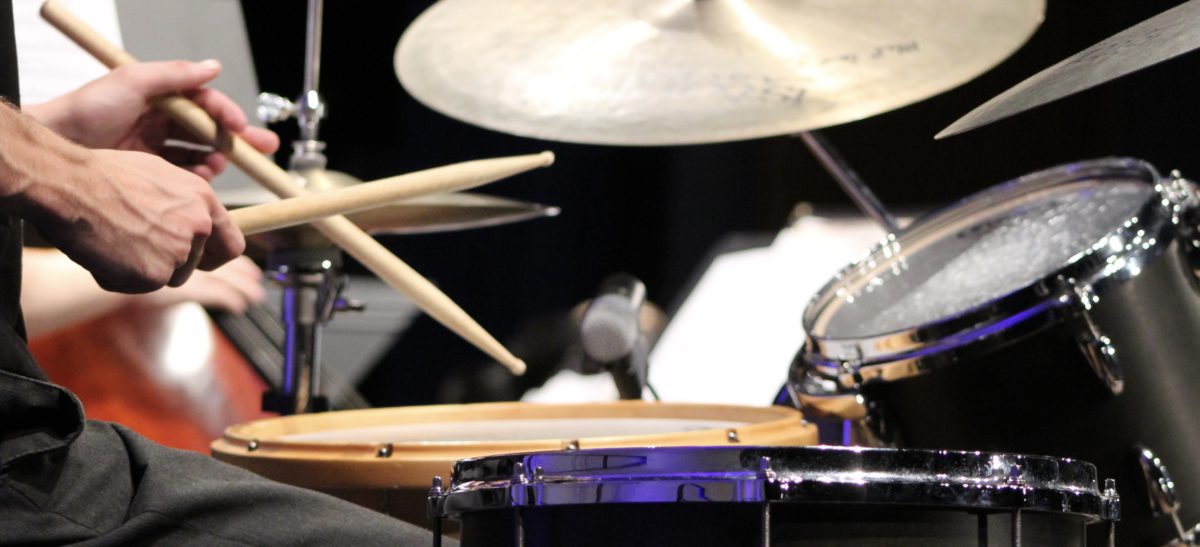Two schools in the College of Professional Studies and Fine Arts will have new directors for the fall 2018 semester.
Charles Friedrichs and J.D. Hopkins, the current directors of the School of Music and Dance, and the School of Theatre, Television, and Film, will be stepping down from their positions at the end of the semester. The announcement for the director position was announced in November 2017, according to Eric Smigel, a music professor and search committee chair.
Candidates for the director position for both schools will tour the campus throughout March, while final candidate for the School of Theatre, Television and Film is scheduled after spring break.
“The process just takes a while and a faculty position has to be set aside, the dean has her concerns,” Friedrichs said. “She sets aside then they get a committee and they do the advertising and now they are in the process of bringing somebody… for interviews.”
Friedrichs decided to retire a year and a half ago after 42 years of teaching, with the last five of those as the acting director. For Hopkins, his decision to leave the director position at the School of Theatre, Television and Film was due to a strong internal pull towards his loves of teaching and research.
“I’ve had a great experience running the school and working with my colleagues,” Hopkins said. “I think we’ve came out of the recession over the last six years and moved into a really strong position in a lot of measurable ways.”
Hopkins also serves on the hiring committee for the director position of the School of Music and Dance. He said it was decided by PSFA Dean Joyce Gattas that the directors wouldn’t be involved in hiring for their own position, a policy she’s held for a long time.
“There was some discussion on whether or not there would be looking for an internal candidate or doing a national search, and it quickly moved to the direction of national search,” Hopkins said.
Of the roughly 60 applicants for the director position for the School of Music and Dance, Scott Lipscomb from the College Conservatory of Music at the University of Cincinnati, John Sposato from the University of Houston and Elizabeth Cooper from the University of Hartford were chosen for on-campus interviews.
The candidates for the School of Theatre, Television and Film are Niyi Coker Jr. from the University of Missouri-St. Louis, Andrew Shea from the University of Texas-Austin and Ann Archbold from the University of Wisconsin-Madison.
“The Dean will make her decision after that (visit) and offers will go out. I wouldn’t venture to speculate on the timeline after that point,” Hopkins said. “We intend to have decisions made by the end of the semester.”
Even with changes to leadership, Director of Jazz Studies Bill Yeager feels optimistic about the future of the School of Music and Dance.
“We have the very best instructors available in all areas and an amazing amount of student talent,” Yeager said. This high level of teaching, combined with outstanding students, ensures a bright future.”
Firedrichs’ last day is acting director will be May 31 while Hopkins is slated to stay on until June. The new directors’ contracts will begin on July 1.
Originally published in the Daily Aztec in April 2018.
